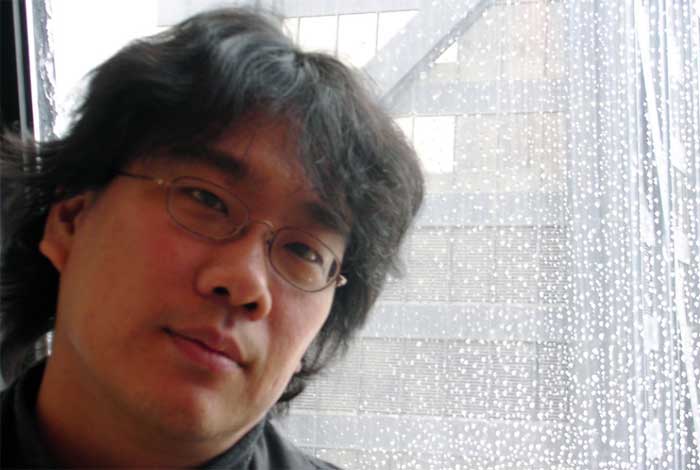Compared to "Steven Spielberg in his prime by Quentin Tarantino, South Korean Director Bong Joon-Ho has gone from blacklist to blockbuster with this film "Okja."
The filmmaker was target by the now ousted South Korean President Park Geun-hye, the daughter of a dictator. Under her rule, any artist or writer who expressed "left-wing thoughts" - whoever criticized her or her policies - were secretly blacklisted. During that time, over 10,000 artists were targeted by her government.
"It was a nightmarish few years that left many South Korean artists deeply traumatized," Bong said. "Many are still reeling from the trauma," said the director, whose $50-million Netflix film tells the story of a country girl who tries to save a genetically engineered beast from the interests of a multinational company.
The blacklist consisted in denying the artists artists of state subsidies, which included Bong and Park Chan-Wook, whose erotic thriller "The Handmaiden" is an international success.
Bong's films display fascination for strong subject matter, but presented with dark humor and sudden mood shifts. His 2006 blockbuster "The Host" portrays an incompetent government left helpless in the wake of a disaster. "The Host" marked a turning point in Bong‘ career and marked a step up in scare for the Korean film industry as a whole.
The big-budget ($12 million) work focuses on a fictional monster that rises up out of the Han River to wreak havoc on the people of Seoul. Although the production encouraged strong audience interest even before it started shooting, there were many doubts concerning whether a Korean production could rise up to the challenge of creating a realistic and believable digital monster. After being unable to work with the company responsible for the CGI in The Lord of the Rings due to scheduling conflicts, Bong contacted San Francisco-based The Orphanage who took on the majority of the effects work.
Bong directed his first Hollywood film in 2012, which was "Snowpiercer," starring Tilda Swinton and Chris Evans. The success of the science fiction story led to "Okja," starring Swinton and Lily Collins.
"It is essentially a love story between an animal and a little girl, but also looks at how our lives are inevitably shaped under the capitalist system, whether you are a human or an animal," Bong said.
"Okja is my sixth movie, but the moment you show your film to the whole world for the first time is always so unnerving," he said, adding that he was feeling "nervous, thrilled and a bit relieved" to have finished the high-profile project.
Once an army-ruled blackwater, South Korea is today a cultural powerhouse and this is thanks to the greater freedom of speech the country has enjoyed since 1992, when they first elected a president without a military background. It was this change what led South Korean's entertainment industry to take the world by storm. In that contest, Bong said: "I believe the future will be brighter with the restoration of the freedom of expression."
Despite getting this far, the release of "Okja" has caused a controversy in South Korea, due to its backer Netflix's decision to release it simultaneously in theaters and online in Korea. Major Korean theater chains opposed Netflix's plan for simultaneously online and theatrical release as films are screened in theaters for at least a few weeks before becoming available online.
In a press conference, the director assumed responsibility for this misunderstanding: "I think (this situation) has arisen from my cinematic ambition. Netflix hasn't tried to push through with theatrical releases (abroad) but Korea is a unique case."
"This is because of me," he continued. "While filming with (cinematographer Darius Khondji), we wanted as many people as possible in the UK, the UK and Korea to be able to see the film on the big screen. It was my greed."
"I fully understand the position of Korean multiplex theaters... But I also think Netflix's principle of simultaneously streaming should be respected. "Okja" has been made with the subscription fees of Netflix viewers and we cannot tell them to wait until after (the movie) has screened in theaters. I respect that."

